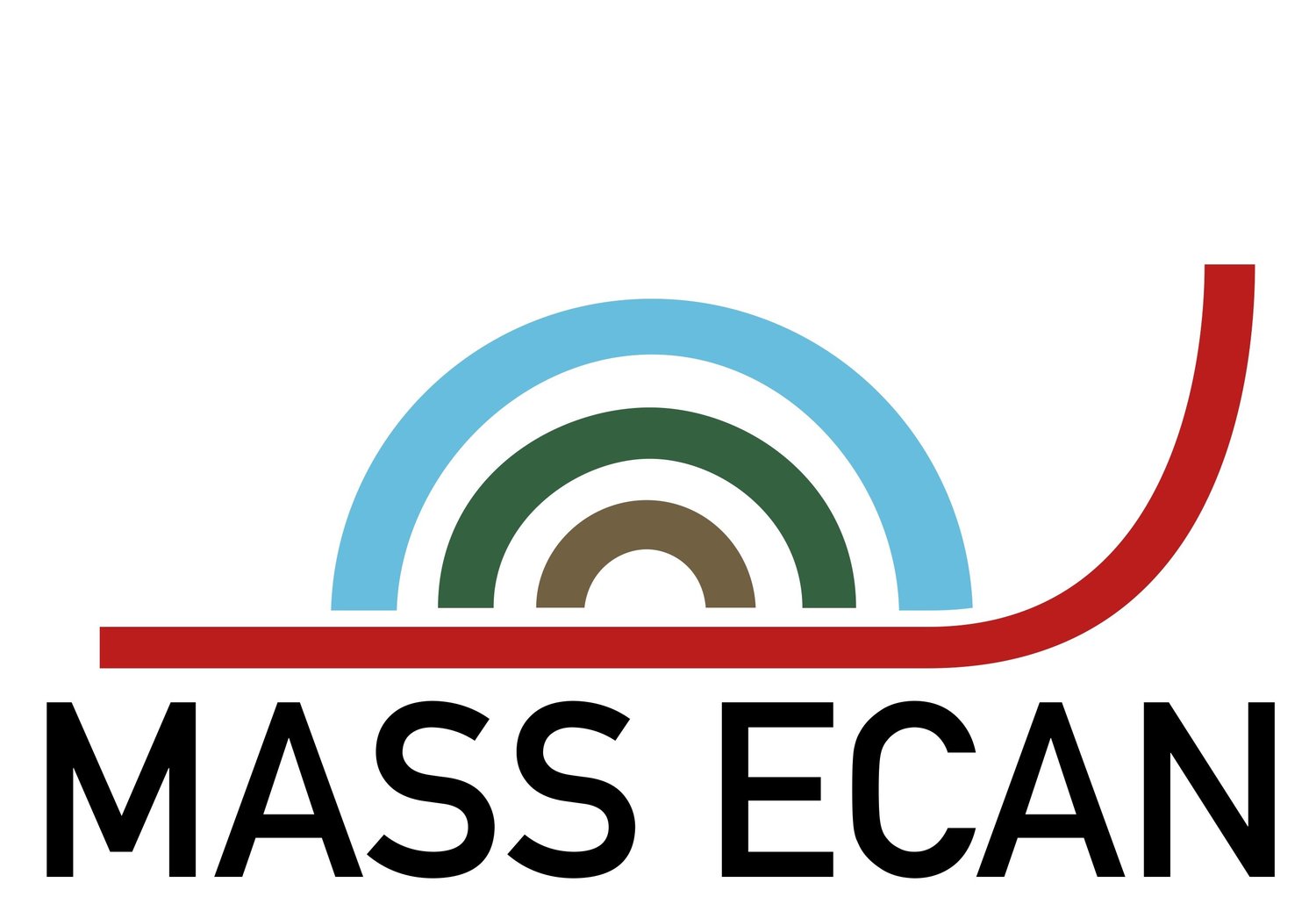Last week, I attended the Local Solutions: Eastern Climate Preparedness Conference in Manchester, NH. This is our regional climate adaptation conference hosted by NOAA and Antioch University New England. You can find the conference presentations and proceedings here.
The number one highlight was getting to meet and see so many wonderful professionals in our field, learn from each other’s work, and start new regional collaborations. But, conferences take lots of time and resources to attend! So, here are some highlights from sessions that I attended that are relevant to our Mass ECAN community:
1. I helped facilitate ASAP’s workshop on “Growing into Principled Adaptation Professionals.” It was a good reminder that self-check-ins are important to make sure we’re all practicing what we preach! ASAP has created a “Living Guide to the Principles of Climate Change Adaptation.” This session encouraged us to create a checklist of questions to ensure that our work is reflecting best practices for the adaptation field. I heard some great ideas for self-reflection! “Am I using the most up-to-date science?” “Who would feel left out/ who should be at the table?” “How does this leverage collaborations?” “Am I factoring in uncertainty and leaving room for adaptive management?” “How am I measuring success?” We each also reflected on gaps in our own skills, knowledge, and experience to identify places for improvement. We don’t often get the space or time to reflect on our practice with fellow adaptation practitioners who get “it,” so I appreciated this session.
2. Susi Moser gave an honest, but ultimately hopeful talk. She provided a wonderful metaphor around rowing– the power of us all rowing together, though we have our backs to a future that is uncertain in the face of climate change, as we steer in that direction. I recommend reading the recent report on state of the adaptation field that she and others wrote for the Kresge Foundation.
3. Our network can learn much from and contribute to other networks in the region. It was insightful sharing with coordinators of networks such as the Climate Leadership Network for higher education, Urban Sustainability Directors Network (USDN), and NH Coastal Adaptation Workgroup.
4. It was also great to share the wonderful work coming out of Massachusetts. We’re a national leader on climate adaptation and our state government is actively advancing community resilience through the MVP Program and integrated State Climate Adaptation and Hazard Mitigation Plan.
5. Finally, the very last session was lead by Rachel Gregg of EcoAdapt on monitoring and evaluation - a critical, but often neglected aspect of our work. The truth is that it’s hard to measure the success of adaptation actions! However, this is a critical step to track effectiveness of actions and determine what is and is not working. Monitoring and evaluation also allows us to consider other (perhaps unintended) impacts and related indicators that may be important for our field as a whole, such as mainstreaming of adaptation actions or increased stakeholder support. Rachel also reminded us that an adaptive management approach is essential given the moving targets associated with climate change uncertainties.
I’m looking forward to seeing everyone again at the National Adaptation Forum in April 2019! - Melissa
